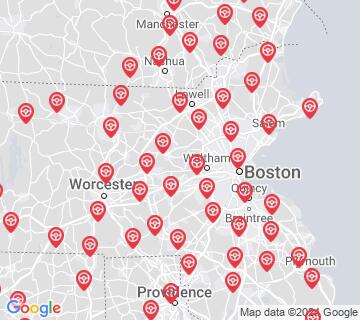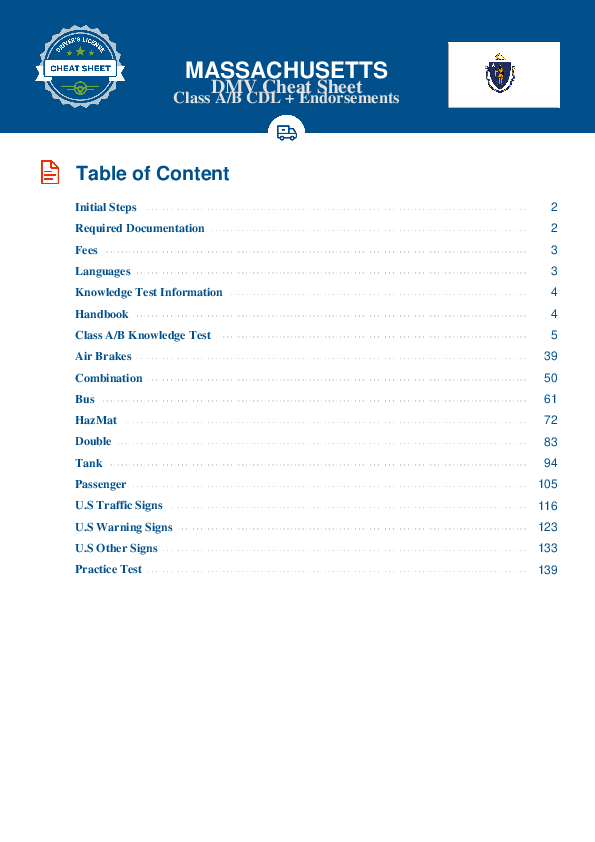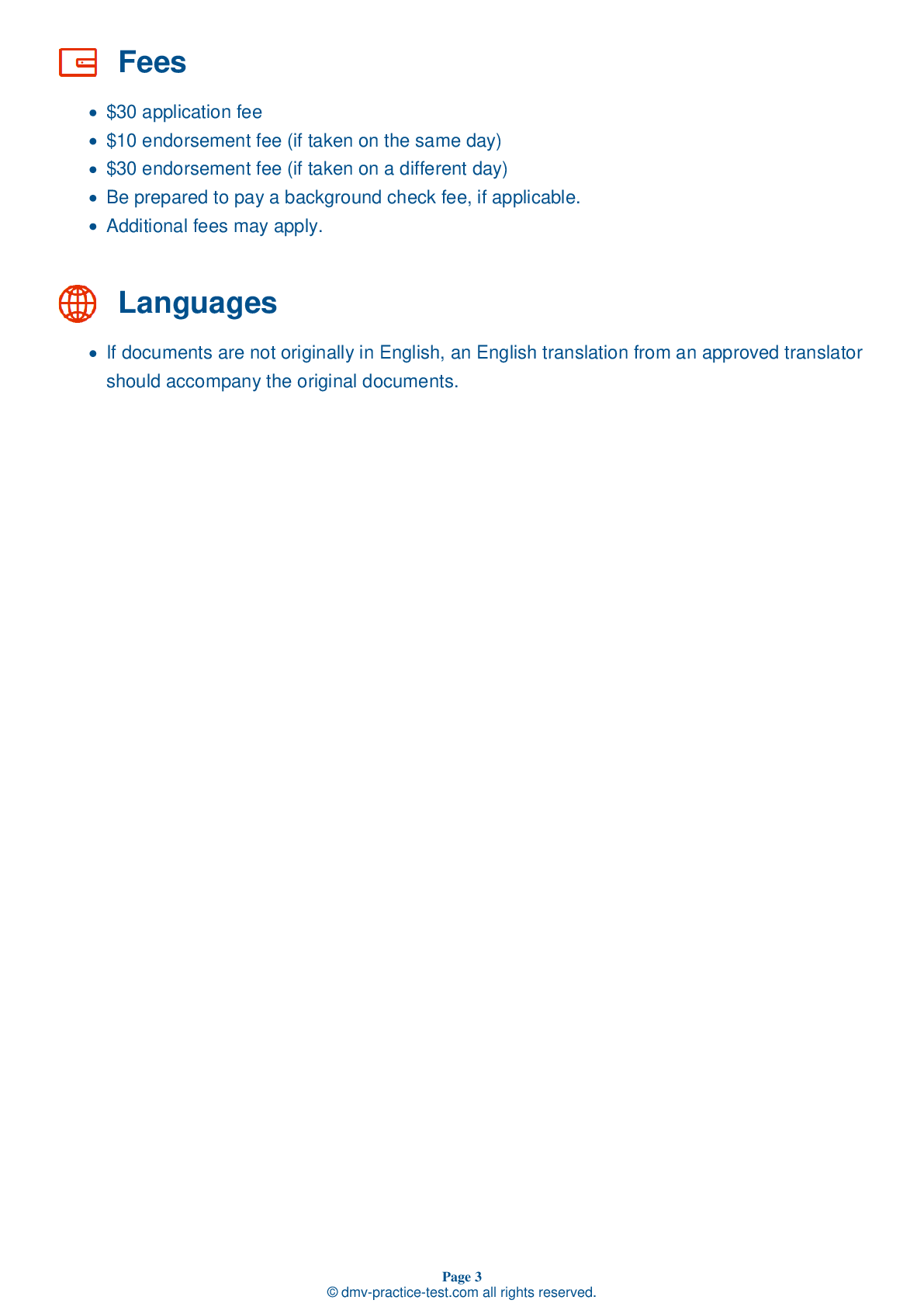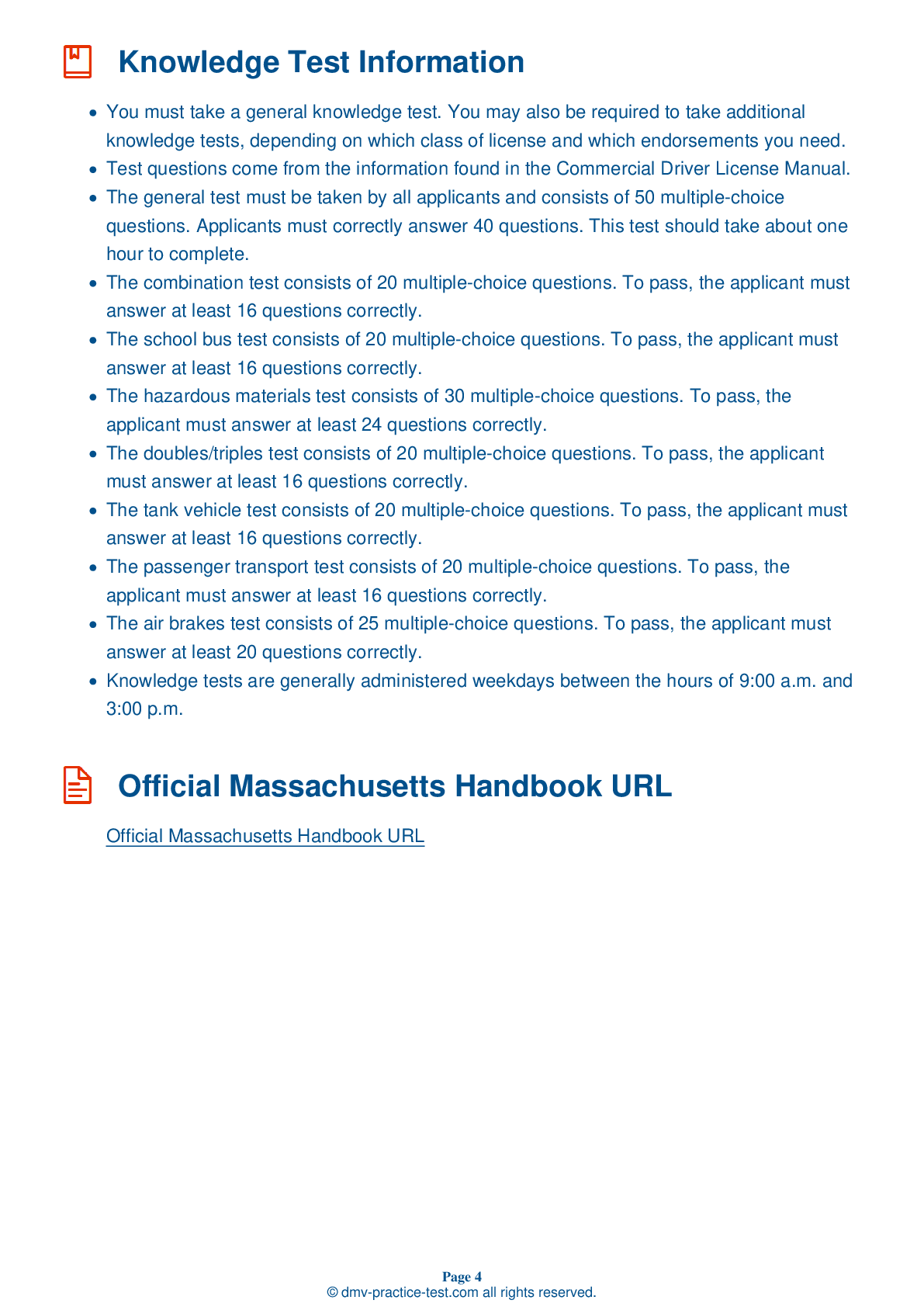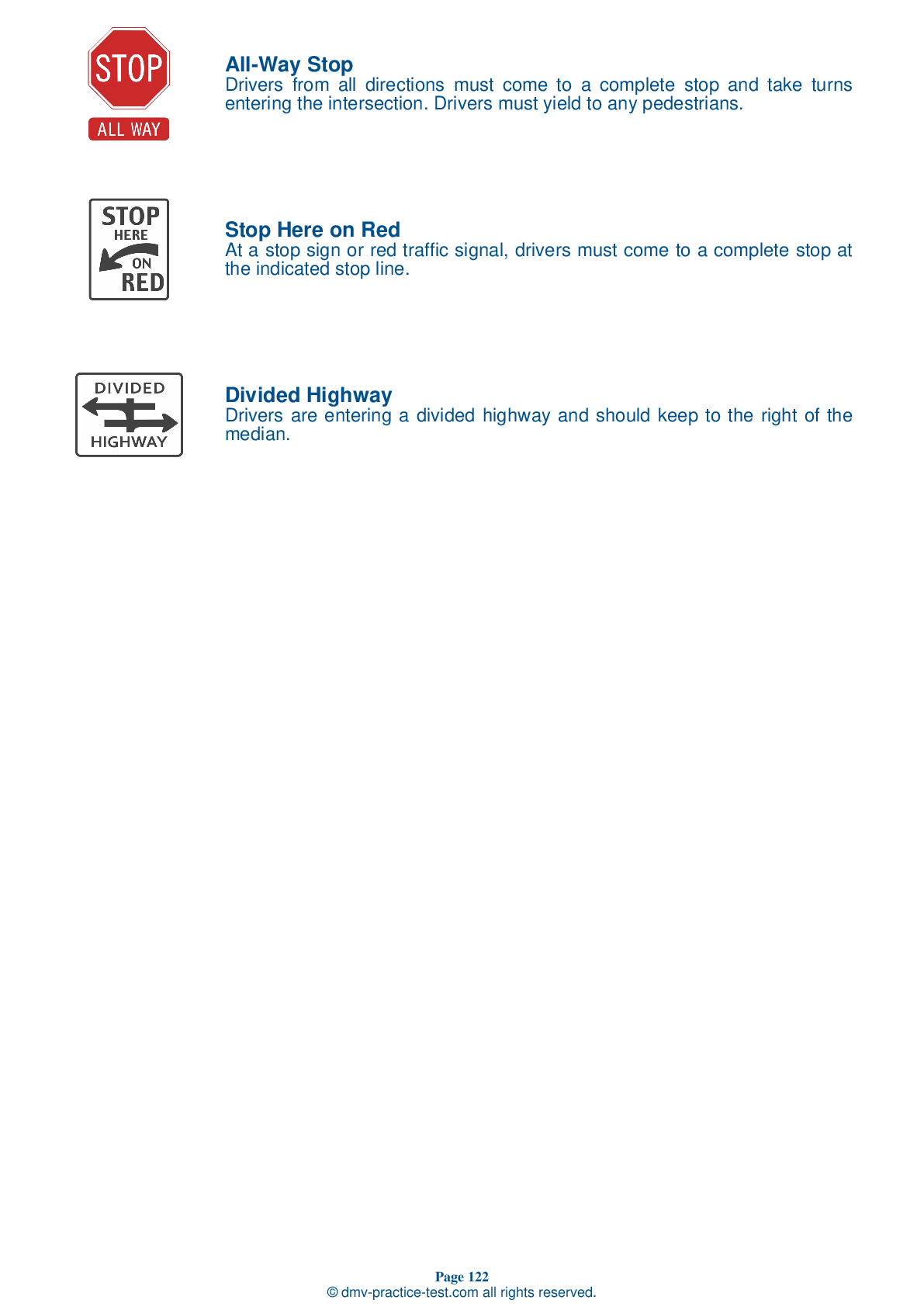Air Brakes #2
Air Brakes Endorsement Test | Massachusetts 2026 #2 Page 4 of 4
Train for FREE online with our Massachusetts CDL air brake test. The official exam test consists of several obligatory parts, with all of them checking your knowledge of different blocks of road rules. If you need to obtain a MA Class A/Class B driver license in 2026, practice as much as possible. Free sample tests published on our website will help you check and improve your knowledge and boost your grades. Please bear in mind that the requirements for CDL may vary from state to state.
25
20
20
19 . Before driving a vehicle with air brakes, you should ensure that the spring brakes come on automatically when:
Driving uphill.
Before driving a vehicle with air brakes, you should ensure that the spring brakes come on automatically when air tank pressure falls to a level between 20 and 45 psi. You can do this by chocking the wheels and releasing air from the braking system by stepping on and off the brake pedal. Once the pressure drops to an unsafe level, the parking brake valve should pop out and spring brakes should come on.
20 . Before driving a vehicle with a dual air brake system, you must wait for the air compressor to build a minimum of ____ in both the primary and secondary systems.
100 psi
Before driving a vehicle with a dual air brake system, you should wait for the air compressor to build up at least 100 psi in both the primary and secondary systems.
21 . Before a vehicle with dual air brakes is driven, pressure of at least ____ should be built up in both braking systems.
100 psi
Before driving a vehicle with a dual air brake system, allow time for the air compressor to build up pressure of at least 100 psi in both the primary and secondary systems.
22 . Test the low pressure warning signal:
Before every trip.
It is essential that your low pressure warning light function properly. After allowing the system to charge, you can test the warning signal by rapidly applying and releasing the brake pedal. This will release air from the braking system and the warning signal should come on when pressure drops to a dangerous level.
23 . Why do large vehicles use air brakes?
Air is free.
Air brakes are an effective and safe way of stopping large and heavy vehicles, as long as they are maintained and used properly.
24 . The ____ tells a driver how much pressure is in the air tanks.
Drum brake
A vehicle that is equipped with air brakes must also be equipped with a supply pressure gauge. This gauge tells the driver how much air pressure is in each of the vehicle's air tanks.
25 . Air tank drains:
Must remain open while driving.
Compressed air in an air brake system usually contains a certain amount of water and compressor oil. The water and oil can damage the brakes if left to accumulate in the system. Manually operated air tank drains must be opened daily to remove this build-up.
Search the best driving school in your neighbourhood
2026 Massachusetts | Frequently Asked Questions
A CDL Class A license in Massachusetts is defined as a commercial driver's license that permits the holder to operate any combination of vehicles with a Gross Vehicle Weight Rating (GVWR) of 26,001 lbs or more, provided the towed vehicle(s) have a GVWR over 10,000 lbs. This typically includes tractor-trailers and truck and trailer combinations.
With a Class A CDL license in Massachusetts, you can operate vehicles such as tractor-trailers, truck and trailer combinations, tank vehicles, and livestock carriers. This license also allows you to tow vehicles over 10,000 pounds. Essentially, it covers any combination of vehicles with a Gross Combination Weight Rating (GCWR) of 26,001 pounds or more.
To obtain a Class A CDL license in Massachusetts, you must be at least 18 years old (21 for interstate travel), possess a valid driver's license, pass a vision test, and obtain a medical certificate. You must also pass a written knowledge test and a skills test, which includes a pre-trip vehicle inspection, a basic controls test, and an on-road driving test.
In Massachusetts, you must be at least 18 years old to qualify for a Class A CDL license. However, you need to be 21 years old if you intend to drive across state lines, transport passengers, or haul hazardous materials. It's crucial to adhere to these age restrictions for safe and legal operation of commercial vehicles.
Specific endorsements aren't required for a Class A CDL license in Massachusetts, but they allow you to operate specialized vehicles. These include endorsements for double/triple trailers, passenger vehicles, school buses, tank vehicles, and hazardous materials. Each endorsement requires passing additional knowledge and/or skills tests.
The Class A CDL skills test in Massachusetts consists of three parts: a pre-trip vehicle inspection, a basic controls test, and an on-road driving test. The pre-trip inspection tests your ability to inspect your vehicle before driving. The basic controls test evaluates your ability to maneuver and control the vehicle. The on-road driving test assesses your ability to drive the vehicle in various road and traffic conditions.
Yes, there are limitations for Class A CDL license holders. For instance, in Massachusetts, if you're under 21, you're restricted to intrastate driving. Some endorsements like HAZMAT or passenger require additional testing and background checks. Also, certain medical conditions may limit your ability to operate commercial vehicles. Violations can result in temporary or permanent disqualification of your CDL.
Yes, in Massachusetts, the written Class A CDL test can be taken in multiple languages other than English. These include Spanish and Portuguese. However, federal regulations require all CDL holders to have a basic understanding of English for safety reasons. This includes being able to read road signs, communicate with officials, and comprehend driving regulations.
Yes, you can request accommodations for the Class A CDL written test in Massachusetts if you have a disability. The Massachusetts Registry of Motor Vehicles (RMV) provides reasonable accommodations in accordance with the Americans with Disabilities Act. It's recommended to contact the RMV in advance to arrange these accommodations.
Yes, you can retake the Class A CDL written test in Massachusetts if you don't pass on your first attempt. There is a waiting period of at least 24 hours before you can retake the test. Please note, there is a retesting fee each time. It's recommended to study thoroughly to increase your chances of passing on the next attempt.
